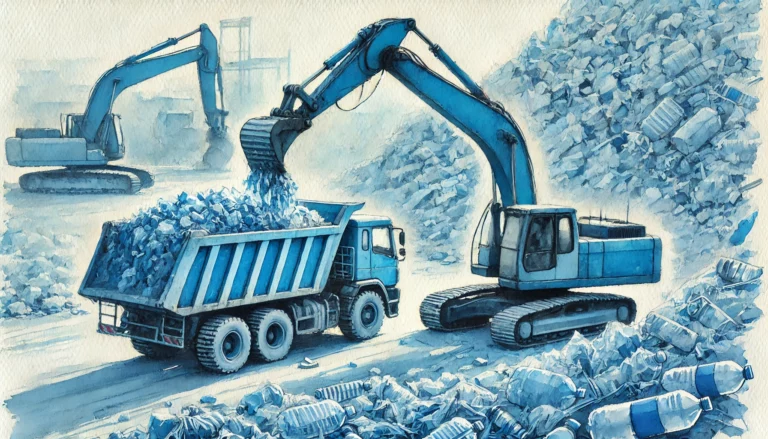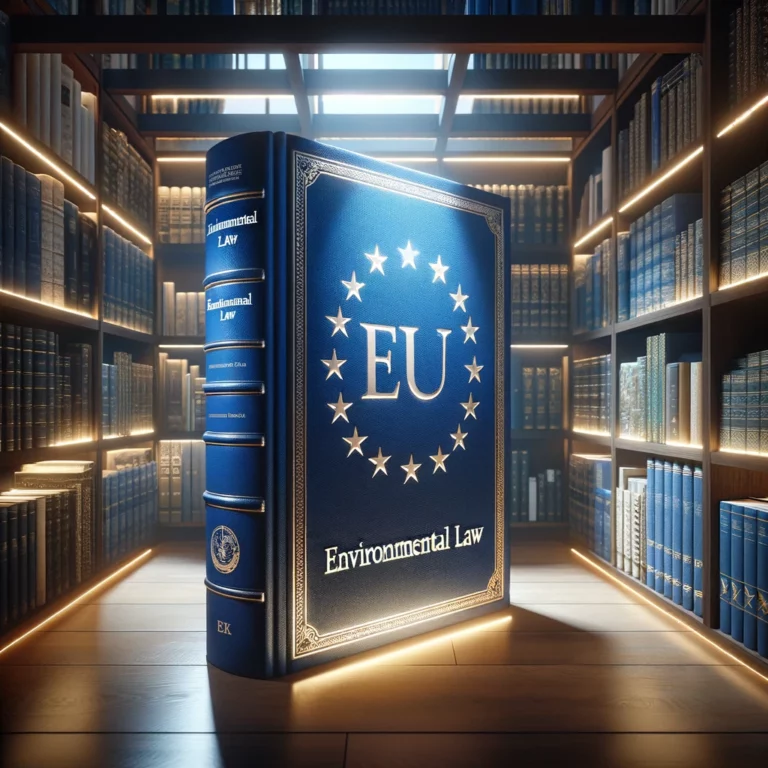The do’s & don’ts of international waste transport
Navigating international waste transport is complex. Strict regulations, logistical challenges, and legal obligations create potential risks for foreign companies. Ensuring compliance and efficiency is key to avoiding penalties and operational delays. This guide outlines the essential do’s and don’ts of transboundary waste transport, helping businesses streamline processes and remain compliant.
We are looking for carriers with waste permits in Europe for cooperation.
Call us: +48 519 516 869 or write us an E-mail dispo@wastetransportsolutions.eu
The do’s of international waste transport
Understand & comply with regulations
Every country has specific waste transport laws. The Basel Convention governs only hazardous waste movements, while the EU Waste Shipment Regulation (WSR) controls all waste transfers within Europe. Businesses must research these laws before transporting waste. Non-compliance leads to severe penalties, confiscations, or legal action.
International shipments often require permits. These documents specify waste types and transport methods. Failing to obtain the correct permits can result in significant delays. Companies should consult environmental authorities or legal advisors to ensure all requirements are met.
Work with licensed waste transport providers
Hiring an uncertified waste transporter increases risks. Likewise, for carriers, working with a company unprepared to handle waste also poses significant risks. Licensed companies meet regulatory standards, reducing legal exposure for businesses. Before choosing a partner, companies should verify certifications and past performance.
Transparency is crucial. A reputable provider should disclose compliance records and operational protocols. Foreign businesses must prioritize due diligence when selecting transport partners. This minimizes potential liabilities and ensures ethical waste handling.
Ensure proper waste classification & documentation
Incorrect waste classification leads to transport refusals. Companies must accurately categorize waste according to international codes. Hazardous and non-hazardous waste have different documentation requirements.
Mandatory documents include waste transfer notes, export permits, and safety data sheets. Providing incomplete or inaccurate paperwork results in shipment rejections. A thorough review before transport ensures smooth processing and compliance with regulations.

Plan logistics for cost & time efficiency
Efficient logistics reduce costs. Businesses should evaluate transport routes, modes, and carriers before initiating shipments. Road, rail, sea, and air transport each have distinct advantages. The choice depends on waste type, cost constraints, and regulatory compliance.
Avoiding delays is crucial. Customs inspections, documentation errors, and route restrictions may disrupt schedules. Companies should engage experienced logistics partners to optimize their supply chain and prevent costly setbacks.
Stay updated on policy changes
Waste transport laws evolve. Regulatory bodies frequently amend requirements, impacting international shipments. Businesses must monitor legal updates through official sources.
Membership in industry associations offers advantages. Organizations like the International Solid Waste Association (ISWA) provide insights into policy changes. Staying informed prevents unexpected non-compliance issues.
The don’ts of international waste transport
Don’t assume one regulation covers all countries
Each country enforces its own rules. Although EU introduced Waste Shipment Regulation, its Member States operate under different frameworks (check Poland, Germany or the Netherlands, but they still need to be compliant with WSR). Assuming that a single permit is valid continentwide is a common mistake.
Cross-border transport requires extensive research. Businesses must understand the laws of both the exporting and importing countries. Relying solely on local regulations can lead to serious legal and financial consequences.
Don’t overlook labeling & packaging requirements
Mislabeling waste shipments causes rejections. Authorities enforce strict packaging and labeling standards to ensure safe handling. Non-compliance may result in confiscation or fines.
Hazardous waste requires specific containment methods. Packaging must prevent leaks and contamination. Businesses should follow industry standards and international guidelines to avoid transport disruptions.

Don’t ignore environmental & ethical responsibilities
Illegal dumping is a growing concern. Companies must ensure waste is disposed of at certified facilities. Irresponsible waste management harms the environment and damages corporate reputations.
Sustainability is an industry priority. Foreign businesses should adopt green waste management strategies. Partnering with eco-friendly disposal services reinforces commitment to ethical environmental practices.
Don’t forget to verify waste destinations
Not all disposal facilities are trustworthy. Some operators engage in unlawful dumping or mismanagement. Companies must verify that waste reaches licensed treatment centers.
Audits and inspections help confirm compliance. Partnering with facilities that maintain industry certifications ensures legal and ethical waste disposal. Transparency in waste tracking is essential for responsible transport.
Don’t wait until the last minute to arrange transport
Delays are costly. Last-minute arrangements often result in higher fees and logistical complications. Early planning ensures compliance with transport regulations and reduces unexpected costs.
Scheduling transport in advance allows time for necessary documentation and route planning (for example in Austria). Businesses should develop a long-term waste transport strategy to optimize efficiency and minimize risks.
Conclusion & final tips
International waste transport requires careful planning. Compliance with legal frameworks, proper logistics, and responsible waste handling ensure smooth operations. By following the do’s and avoiding the don’ts, foreign businesses can navigate waste transport regulations effectively.
Proactive strategies lead to cost savings and regulatory adherence. Seeking expert advice minimizes risks and optimizes waste transport efficiency. For tailored solutions, consulting a waste transport specialist is highly recommended.







